Best Practices Articles

Channel Marketing Techniques: Driving Partner Incentives through Point Systems
Partner incentives are a crucial component of channel marketing programs and are designed to motivate and reward partners for their efforts. These incentives help to drive partner engagement, loyalty, and performance. In this blog, we'll delve deeper into partner incentives for different partner types, explore various channel marketing triggers that can be used to incentivize partners, and learn what behaviors they are trying to drive.
Channel Marketing Triggers
There are numerous ways that partner activities can trigger incentives.- When a new partner registers to join a vendor's partner program
- When a partner reaches a specific sales milestone, such as hitting a revenue target or closing a certain number of deals
- When a partner completes a product training or certification program
- When a vendor launches a new product or service
Channel Marketing Incentives
There are various channel marketing incentives that can be used to motivate and reward partners. Here are some common ones:-
- Rebates: Partners are given a percentage of their sales back as a rebate. This incentive is often used to encourage partners to reach specific sales targets.
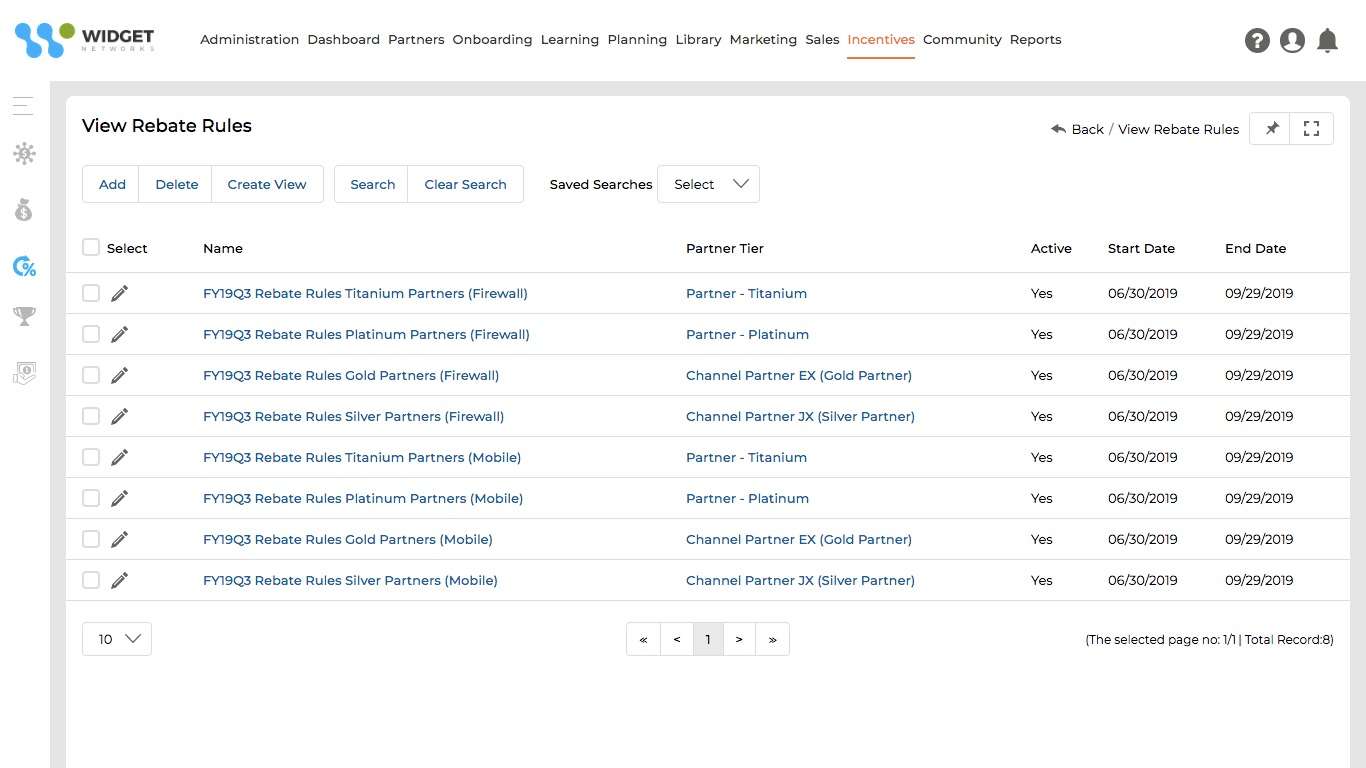
- Co-op / MDF Funds: Partners are given a budget to spend on marketing and advertising activities, such as events, campaigns, or website development.
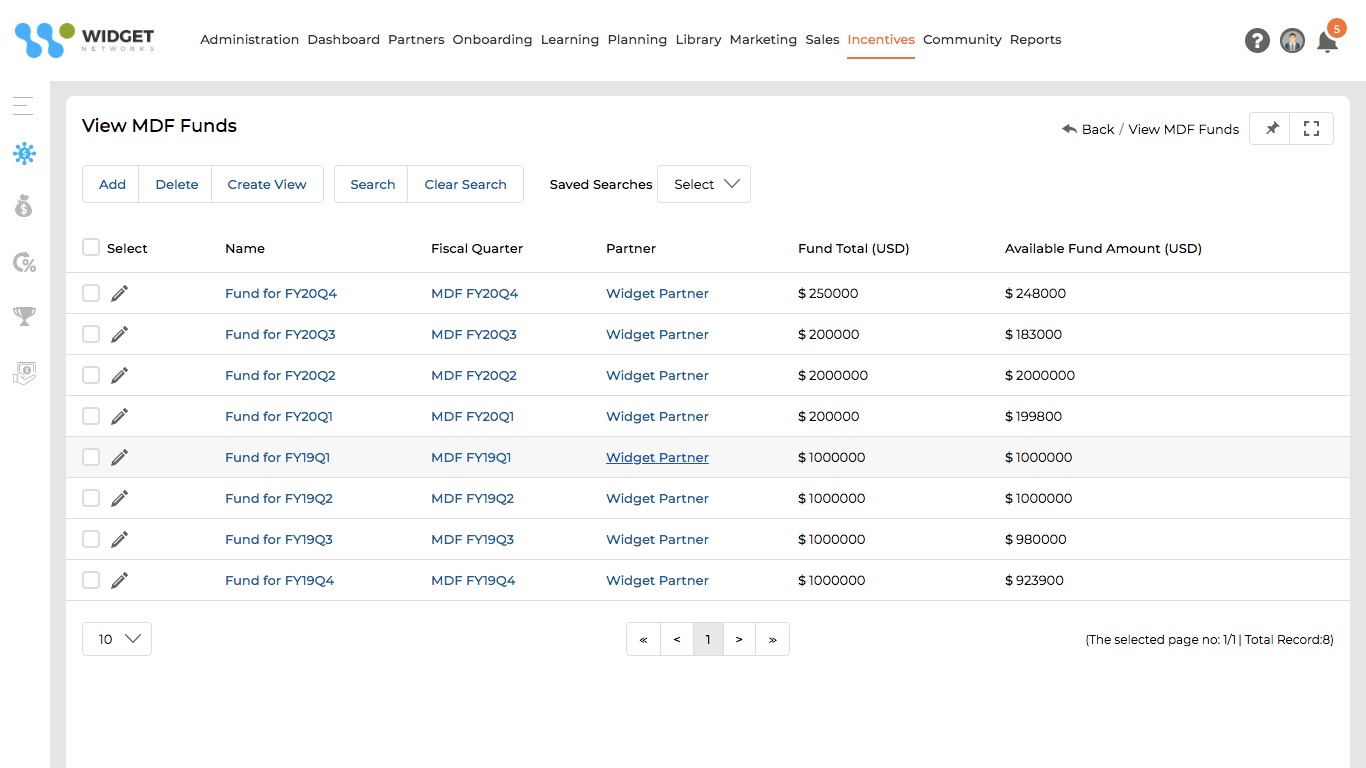
- Sales Performance Incentive Funds (SPIFs) are one-time bonuses paid to partners for achieving specific sales objectives, such as selling a new product line or closing a large deal.
- Training and certification programs: Partners are offered training and certification programs to help them become experts in the brand's products and services. This incentive is often used to build partner loyalty and increase sales by improving partner knowledge and confidence.
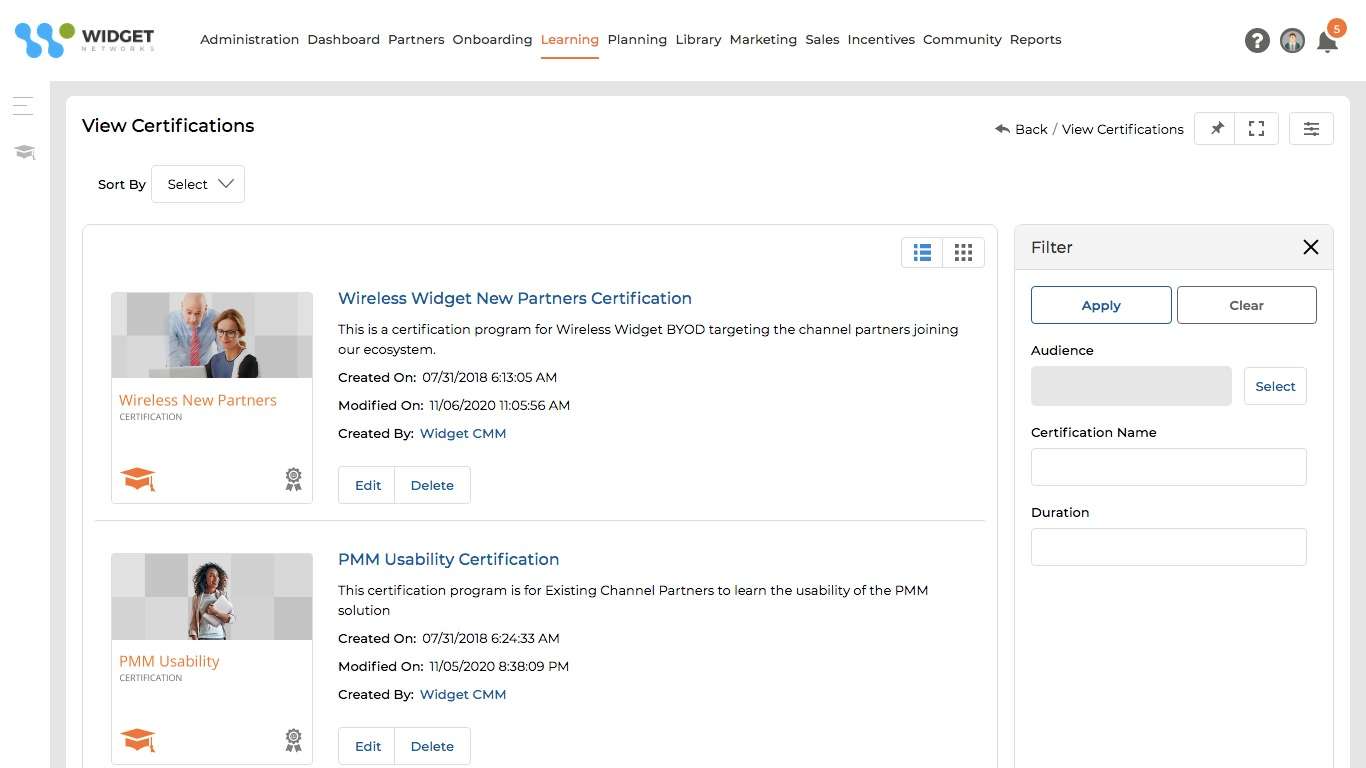
- Sales contests: Partners compete with one another for prizes or rewards, such as points, trips, or merchandise, based on their sales performance. This incentive is often used to drive short-term sales goals or to promote new products or services.
- Deal registration: Partners are given priority status for leads they register with the brand, which can increase their chances of winning the sale. This incentive is often used to promote partner loyalty and encourage partners to invest in the brand's products or services.
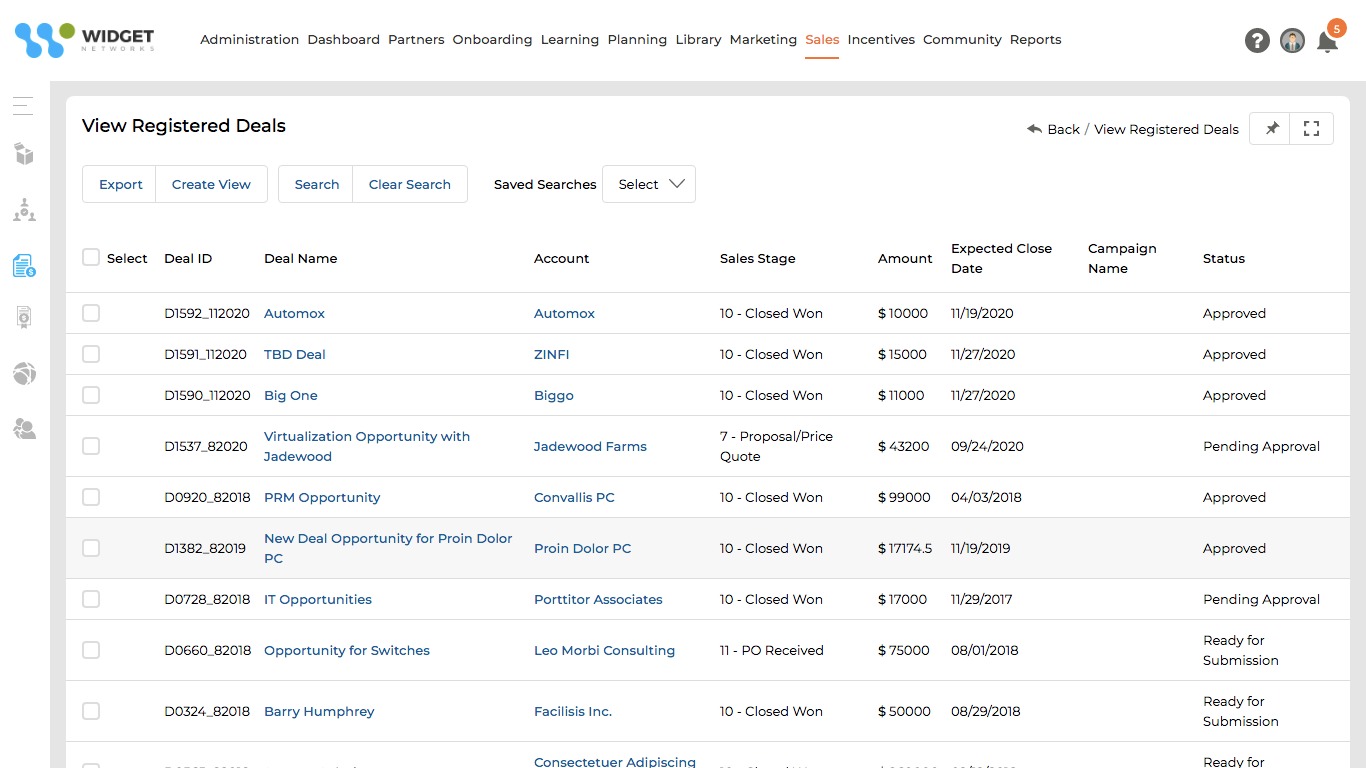
- Rebates: Partners are given a percentage of their sales back as a rebate. This incentive is often used to encourage partners to reach specific sales targets.
Channel Marketing Incentives are Changing
Channel marketing programs are evolving to meet the changing needs of both vendors and partners. In the past, many programs were based on tiered structures, where partners were classified into different levels based on their sales volume, commitment, and other factors. Partners in higher tiers would receive more benefits and rewards than those in lower tiers, incentivizing partners to increase their sales and commitment to the brand. However, in recent years, point-based systems have become more popular in channel marketing programs. These systems assign points to partners based on specific activities, and partners can redeem these points for rewards such as cash, products, or experiences. There are several reasons why channel marketing programs are moving away from tiered structures and towards point-based systems:-
-
- Flexibility: Point-based systems offer greater flexibility than tiered structures. Partners can earn points through a variety of activities, not just sales volume, and they can redeem these points for a wider range of rewards. This allows partners to choose rewards that are most relevant and valuable to them, increasing their motivation and engagement in the program.
- Fairness: Tiered structures can create an unfair playing field for partners, as those in higher tiers receive more benefits and rewards than those in lower tiers. Point-based systems, on the other hand, are based on a partner's individual performance, regardless of their tier. This means that partners who perform well can earn more points and redeem them for rewards, regardless of their tier level.
- Simplicity: The simplicity of points in channel marketing incentives refers to the ease with which channel partners can understand and participate in the rewards and benefits offered through a points-based incentive program.
-
-
-
- Sales performance: One of the primary goals of channel marketing programs is to drive sales of the vendor's products or services through their partners. By awarding points for sales performance, vendors can encourage their partners to prioritize their products over those of competitors.
- Product knowledge and training: Vendors may also want to incentivize their partners to become more knowledgeable about their products and services, which can help them sell more effectively. Offering points for completing product training or certifications can help encourage partners to invest time and effort in this area.
- Marketing and lead generation: In addition to driving sales, vendors may also want to encourage their partners to generate leads and promote their products through various marketing channels. By offering points for activities such as social media engagement, webinars, or trade show attendance, vendors can motivate partners to become more active in promoting their brand.
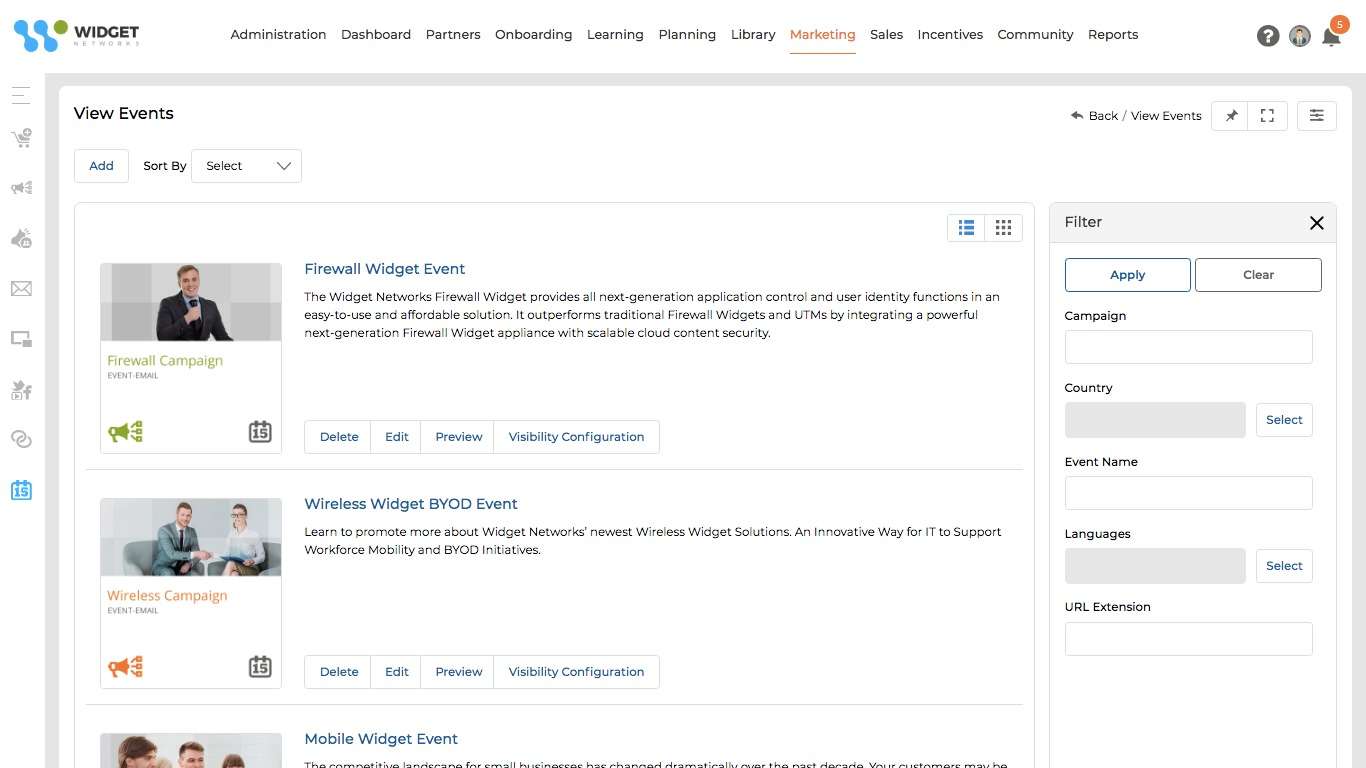
- Relationship building: Finally, vendors may want to incentivize their partners to develop stronger relationships with their customers, which can lead to greater loyalty and repeat business. Offering points for activities such as customer satisfaction surveys or account management can help encourage partners to invest in building these relationships.
-
Partner incentives are essential in driving partner engagement, loyalty, and performance in channel marketing programs. There are several ways that partner activities can trigger incentives, including reaching a sales milestone, completing a certification program, or launching a new product. Common channel marketing incentives include rebates, co-op funds, SPIFs, training and certification programs, sales contests, and deal registration. Channel marketing programs are moving towards point-based systems, which offer greater flexibility, fairness, and simplicity.
For more information, please check this article.
Best Practices Guidebook
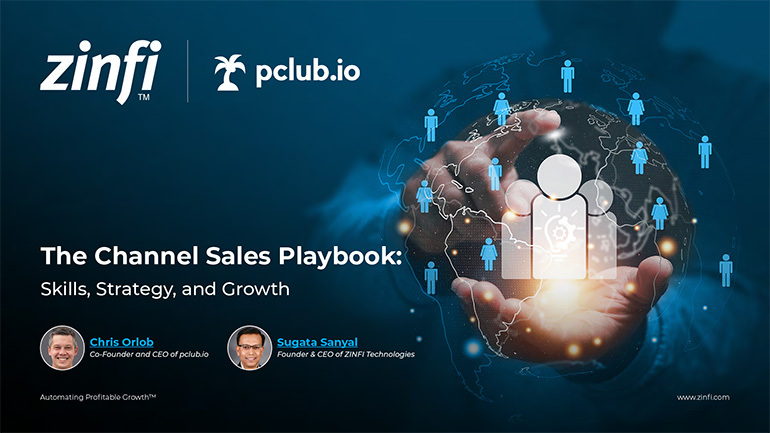 The Channel Sales Playbook: Skills, Strategy, and Growth
The Channel Sales Playbook: Skills, Strategy, and GrowthDownload for FREE
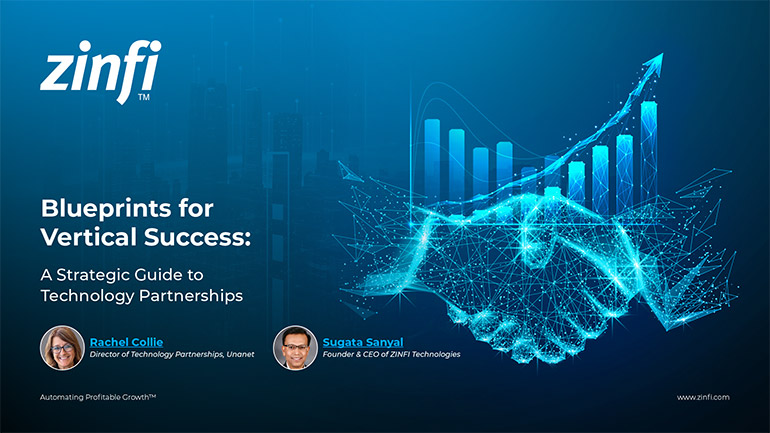 Blueprints for Vertical Success Best Practices
Blueprints for Vertical Success Best PracticesDownload for FREE
 The Future of Partner Enablement: From Enablement Gaps to Global Advantage
The Future of Partner Enablement: From Enablement Gaps to Global AdvantageDownload for FREE
 Reimagine Sales Development. Build a Smarter Prospecting Engine
Reimagine Sales Development. Build a Smarter Prospecting EngineDownload for FREE
 The Zero Trust Imperative: Fortifying Enterprise Security Against AI-Driven Threats
The Zero Trust Imperative: Fortifying Enterprise Security Against AI-Driven ThreatsDownload for FREE
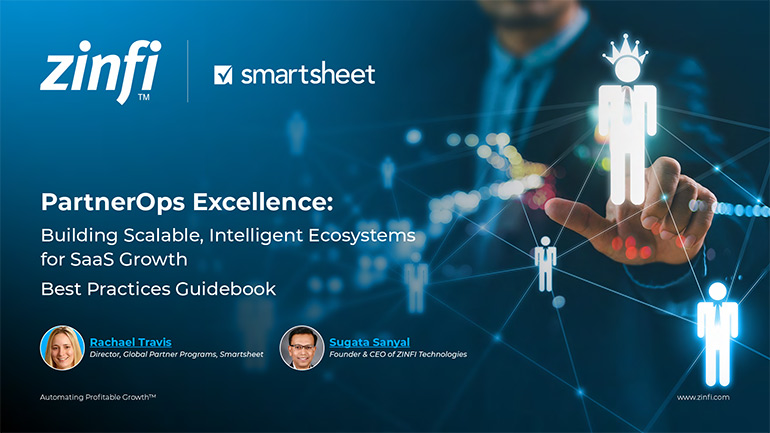 PartnerOps Excellence: The Definitive Guide to Scalable SaaS Ecosystems
PartnerOps Excellence: The Definitive Guide to Scalable SaaS EcosystemsDownload for FREE
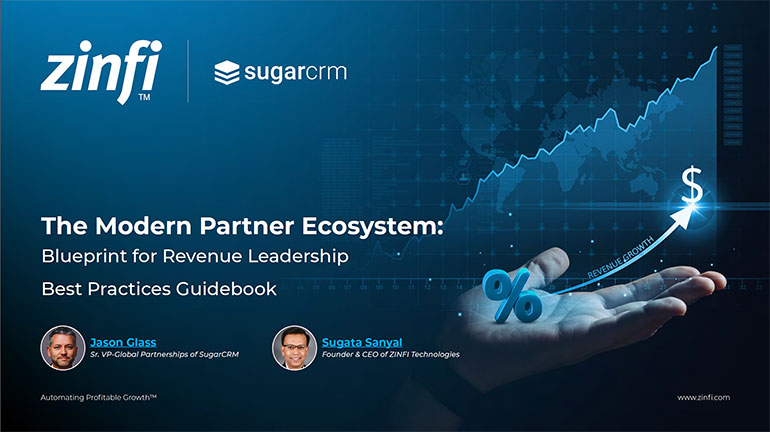 The Modern Partner Ecosystem Best Practices
The Modern Partner Ecosystem Best PracticesDownload for FREE
 Partner Marketing Reimagined: Strategies for Agile, Insight-Led Growth
Partner Marketing Reimagined: Strategies for Agile, Insight-Led GrowthDownload for FREE
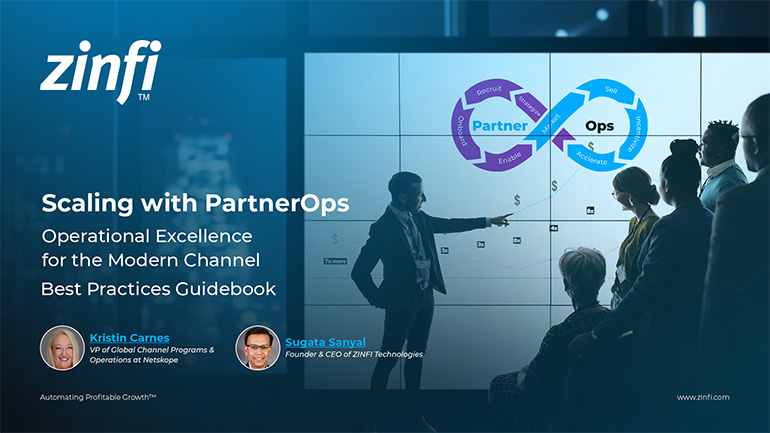 Scaling with PartnerOps Best Pratices
Scaling with PartnerOps Best PraticesDownload for FREE
 Leading with Partner Programs Best Pratices
Leading with Partner Programs Best PraticesDownload for FREE
 The Partner-First Blueprint: Scaling Trust, Intelligence, and Ecosystem Growth
The Partner-First Blueprint: Scaling Trust, Intelligence, and Ecosystem GrowthDownload for FREE
 Unlock Scalable Growth with The Partner Marketing Growth Blueprint
Unlock Scalable Growth with The Partner Marketing Growth BlueprintDownload for FREE
 From TikTok to LinkedIn: Social Selling Across the Generational Divide
From TikTok to LinkedIn: Social Selling Across the Generational DivideDownload for FREE
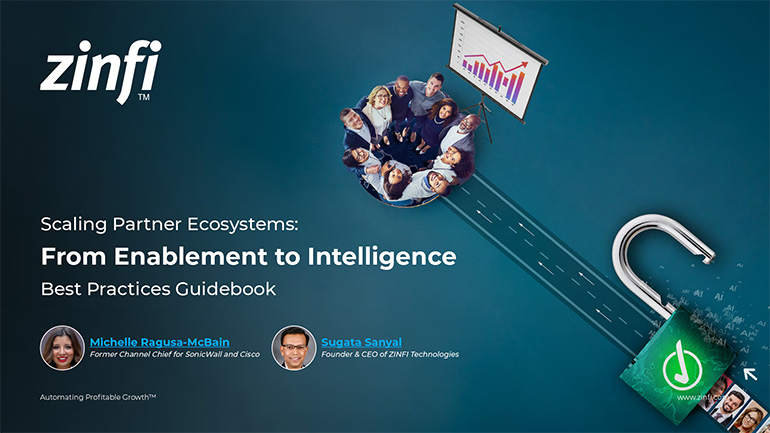 Scaling Partner Ecosystems: From Enablement to Intelligence
Scaling Partner Ecosystems: From Enablement to IntelligenceDownload for FREE
 The Ultimate Guide to Partner Marketing Success Best Practices
The Ultimate Guide to Partner Marketing Success Best PracticesDownload for FREE
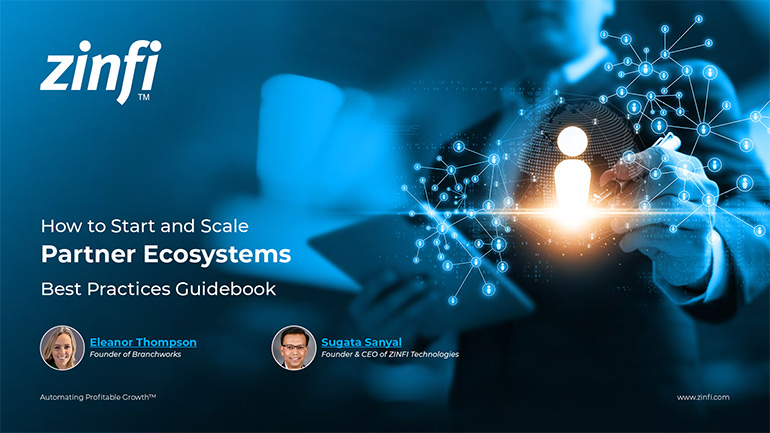 How to Start and Scale Partner Ecosystems Best Practices
How to Start and Scale Partner Ecosystems Best PracticesDownload for FREE
 The Evolution of PartnerOps: Past, Present & Future Best Practices
The Evolution of PartnerOps: Past, Present & Future Best PracticesDownload for FREE







